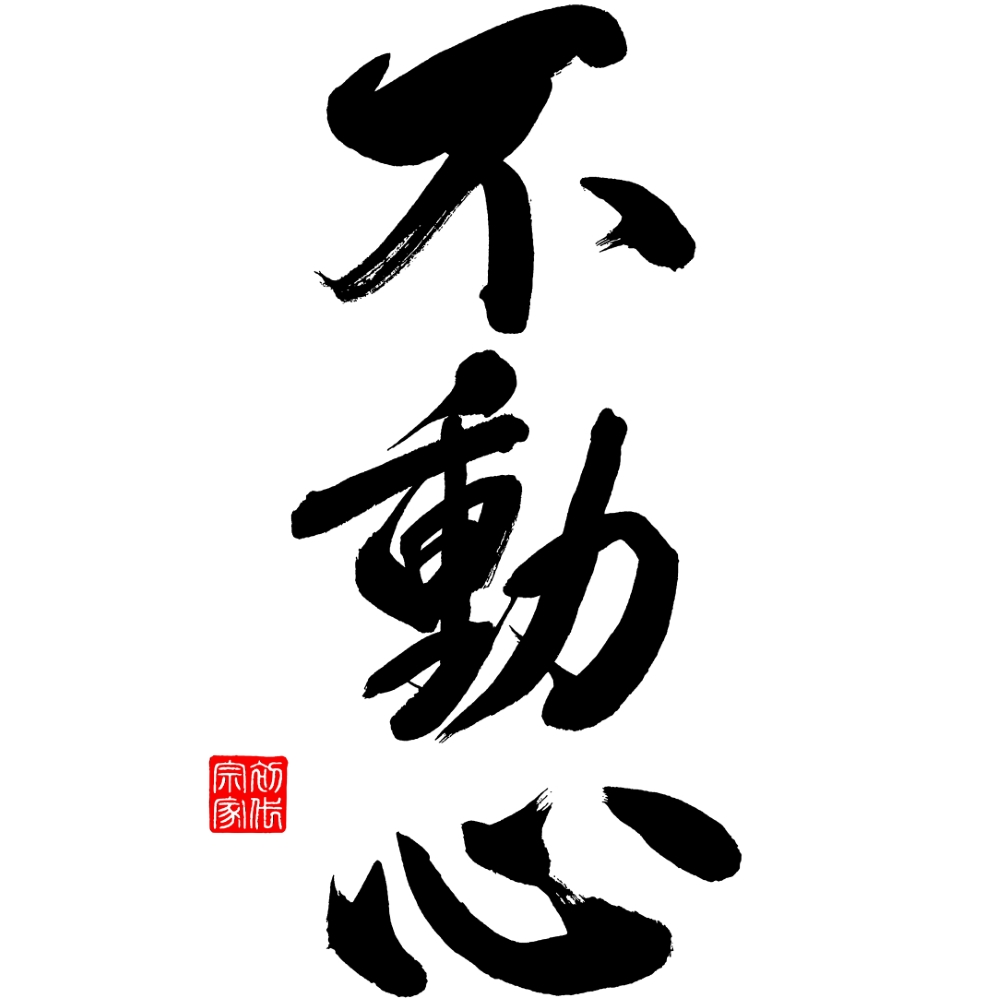To Lukoil, of course.
Not Gazprom, those wankers. Lukoil. Beacon of . . y’know . . freedom or some shit. When the state-managed privately-run petroleum conglomerate buys your country’s main search engine, you know it’s a bad day.
Fascinating watching companies who chose to operate in places like Russia and China now pay the price for that decision. Maybe chasing pots of gold by operating businesses in places where the law is a mere suggestion that can be overridden at the whim of a dictator isn’t such a great idea after all.
Maybe chasing pots of gold by operating businesses in places where the law is a mere suggestion that can be overridden at the whim of a dictator isn’t such a great idea after all.
Probably not the conclusion they’ll arrive at; the correct people already got rich off this bullshit.
This is the best summary I could come up with:
The price reflects a 50% discount that Moscow imposes on companies from “unfriendly” countries like the Netherlands as a condition of exiting business in Russia, according to a statement Monday from Nasdaq-exchange listed Yandex NV.
It follows drawn-out negotiations that show the complexities international companies must navigate if they want to unload their Russian businesses, which many have been struggling to do since President Vladimir Putin’s February 2022 invasion of Ukraine and the sweeping financial and economic sanctions that followed.
Yandex, founded in 1997 as Russia’s answer to Google and Yahoo, serves Russian-speaking customers through its search engine and with widely used apps for food delivery, car-sharing and shopping.
After the sale, Yandex NV would be left with its international businesses — employing 1,300 people — including self-driving technology and generative artificial intelligence as well as a data center in Finland.
Companies fleeing Russia not long after the war began ended joint ventures and wrote off stakes worth billions.
For instance, McDonald’s sold its 850 restaurants to a local franchisee, while France’s Renault took a symbolic single ruble for its majority stake in Avtovaz, Russia’s largest carmaker.
The original article contains 619 words, the summary contains 187 words. Saved 70%. I’m a bot and I’m open source!
I didn’t know Yandex was Dutch!
Me neither! This was news to me. For no reason I always thought it was a Russian company.






